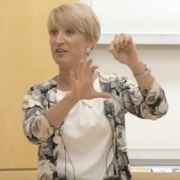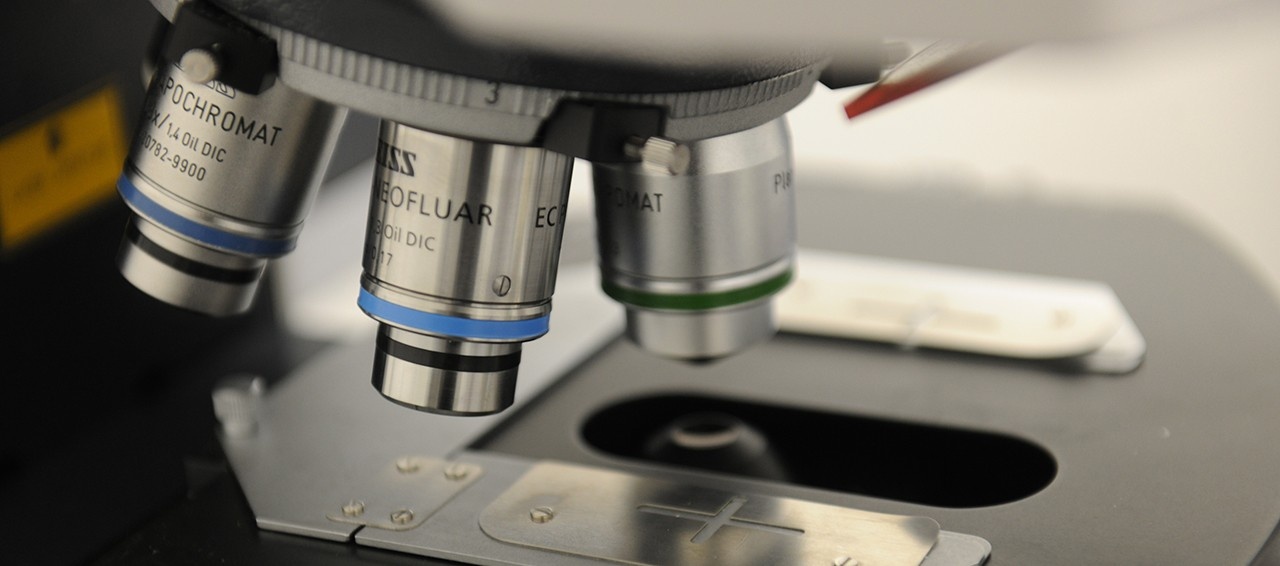Sarah Wells
Associate Professor, Department of Physics and Atmospheric Science, School of Biomedical Engineering

Contact
Sarah Wells, PhD
Email: sarah.wells@dal.ca
Phone: 902-494-2320
Fax: 902-494-6621
Our Group
My laboratory investigates the structural-mechanical relations in biopolymers such as elastin and collagen in order to determine the underlying mechanism(s) of elasticity of these materials-and thereby to understand the functioning of the arteries, ligaments, skin etc. which they make up. Our research also examines the structural remodeling of these structures during development and maturation from fetal to adult life.
Projects
| Biomechanics of Developing Cardiovascular Tissues: We have strong interests in developing fetal tissues: that is, how are the extracellular matrix components are âput togetherâ during fetal development, and how these changes translate into the biomechanical function of mature tissue. For instance, do mechanical loading conditions during fetal development accelerate the structural and functional development of tissues? And, in the inverse problem, what are the contributions of individual extracellular matrix components to tissue biomechanics at various stages of development? These questions are profoundly important for tissue engineering. By merging materials engineering and developmental biology, we can understand the emergence of mature biomechanical behavior and how to best achieve this via in vitro or in vivo after formation and cultivation of an immature, regenerative structure. |
| Adaptive Remodeling of Maternal Cardiovascular Tissues: There is growing evidence that mature cardiovascular tissues can adaptively remodel in response to changes in their loading conditions. While much of this evidence comes from disease states (e.g. heart failure, hypertension), it is much less clear how much remodeling can occur under non-pathological conditions. A fascinating place to look is in the mature heart valves of the maternal circulation in pregnancy. The maternal cardiovascular systems of humans and other species (like our bovine model) undergo enormous hemodynamic changes to accommodate the developing placenta and fetus. Blood volume and cardiac output increase by nearly 50%âmore than half of that occurring in the first 8 weeks of pregnancy. We are examining the structural/mechanical remodeling of key, load-bearing cardiovascular tissues in the bovine maternal circulation, as they adapt to the hemodynamic loading of pregnancy. Studies thus far have shown all of these tissuesâpericardium, heart valves, and the aortaâundergo rapid and dramatic structural and biomechanical alterations during pregnancy. We are continuing to seek the mechanisms associated with these changes, and how they differ from changes with pathology or during fetal development. A key question is whether or not these changes reverse after pregnancy. |
Ìý
Selected Publications
| Pregnancy-induced remodeling of collagen architecture and content in the mitral valve.ÌýPierlot CM, Lee JM, Amini R, Sacks MS, Wells SM. Ann. Biomed. Eng. (2014) 42(10):2058-71. |
| Physiological remodeling of the mitral valve during pregnancy. Wells SM, Pierlot CM, Moeller AD. Am. J. Physiol. Heart Circ. Physiol. (2012) 1;303(7):H878-92. |
| Differential changes in the molecular stability of collagen from the pulmonary and aortic valves during the fetal-to-neonatal transition. Aldous IG, Lee JM, Wells SM. Ann. Biomed. Eng. (2010) 38(9):3000-9. |
| Differential biomechanical development of elastic tissues in the bovine fetus. Walter EJ, Wells SM. Ann. Biomed. Eng. (2010) 38(4):1626-46.Ìý |
